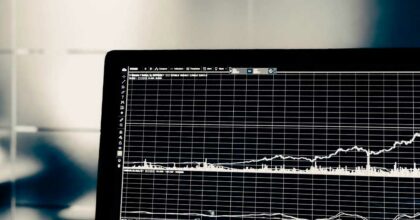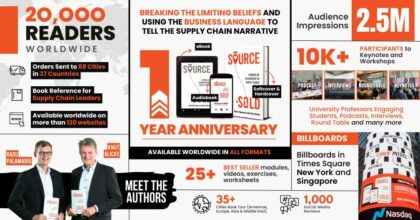We were delighted to conduct an insightful webinar on Remote Work and HR in times of COVID-19, having as panelists: Roberta Duarte – Head of HR for Maersk, Asia Pacific, Matt Burns – Global consultant and thought leader when it comes to HR innovation, digital transformation in HR and Amit Singh – Head of HR for Asia and Japan for AXA Investment Managers.
There were many interesting topics and experiences shared. For today’s article, we will dive into the challenges and learnings that came along with the COVID-19 health crisis, from a Human Resources perspective, and which represents a stepping stone leading to successful practices.
Business Continuity Planning
Business continuity planning is one of the most critical components of any recovery strategy. Executing it timely, gives companies the framework to navigate through crisis situations. It reassures employees that their safety and livelihood are being considered, and it keeps customers informed on the possibilities, risks, and opportunities ahead.
For leading through this crisis, “the first important thing was how quick we were able, fortunately, to get our business continuity plans, shape, form and launch them. And within that, I think the most important thing was driving this process purposely.
The main three things we keep communicating with everyone: The most important thing for us are our employees and we put them in the center of any decisions. We went with a very firm and continuous multichannel communication process saying, if you don’t know what to do, the first thing to consider is our employees’ safety and the care for yourself and for others.
Then our customers; to continue serving our customers and our responsibility towards our society, because if we stop operating in Maersk, the impact is huge in everybody’s lives. When in doubt, go back to these three things.” – Roberta Duarte
Pacing and Applying the Oxygen Mask to Yourself First
Crises are synonyms of complexity and change. They require executives to both lead and manage effectively and, in the case of this unprecedented health crisis, the effectiveness has seen a fine-tuning along the weeks of the unfolding crisis.
“I think one thing that stood out for me amongst all the incredible learnings that we’ve had in this period of time, is that we didn’t figure outpacing very well in most organizations.
What I mean by that is, once we understood that there was not a business, as usual, type activity in front of us, a lot of people started sprinting towards trying to solve a problem.
At least from our advantage point, we were originally led to believe that this may be a course of weeks that we may have disruption for a course of several weeks, but there was never a conversation at least initially about several months. I think as that picture started to take shape, it’s certainly illuminated for many of our consultants or our clients that maybe they perhaps were taking on too much in service of trying to do their existing jobs pre-pandemic along with the pandemic response. What we were seeing by about week eight or week ten was some people were starting to burn out.
That was a big learning for us when we started to re-frame for folks that it was no longer weeks but months. We started to see a bit of a relaxing if you will, a little bit less urgency and a transition from leadership from more of a command and control style into more of a business as usual continuity approach which I think ultimately is going to have to win out. Command and control leadership is really effective in times of crisis and times of emergency, but it’s not sustainable over the long term. It just burns people out and burns organizations out too fast.
As a leader, you have to show up and look after yourself first. It’s that airline method mentality of applying the oxygen mask to yourself first before applying it to other people.” – Matt Burns
Setting Work-Life Boundaries When Your Home is Your Office
With disruptions of the day to day life by imposed lock-downs, to help countries take control over the spread of Covid-19, the companies and employees had to switch to remote working in a sudden fashion.
Technology has been the shining star of this crisis, with a plethora of tools meant to support organizations in the new way of working. But changes don’t happen instantly, learning new tools and functionalities requires time and effort, and our human nature has played out other challenges.
“One of the challenges that we saw was the absence of a separation between work and life. It’s interesting how, when things were normal, we used to complain about the routine and now the importance of routine really became evident. A lot of our efforts were really educating managers and also sending communications to employees as to how to actually plan their day which seems very basic, but it was actually very important.
What we were missing were those informal interactions because a lot of idea generation, a lot of learning happens through those informal water cooler conversations that you have in the company. Another key challenge for us, and I don’t have an answer right now, would be how do we balance the benefits that we saw with the remote work, with the benefits that are there in the physical time people spend together.” – Amit Singh
Leaders, teams, individuals, and organizations as a whole, we are all still experimenting with virtual work and navigating through a health crisis and economic crisis, learning and adapting to a new normal. But, besides challenges and learnings, we should also acknowledge that this experience will expand everyone’s capacity and we are all developing skills that could be very helpful in the future.





